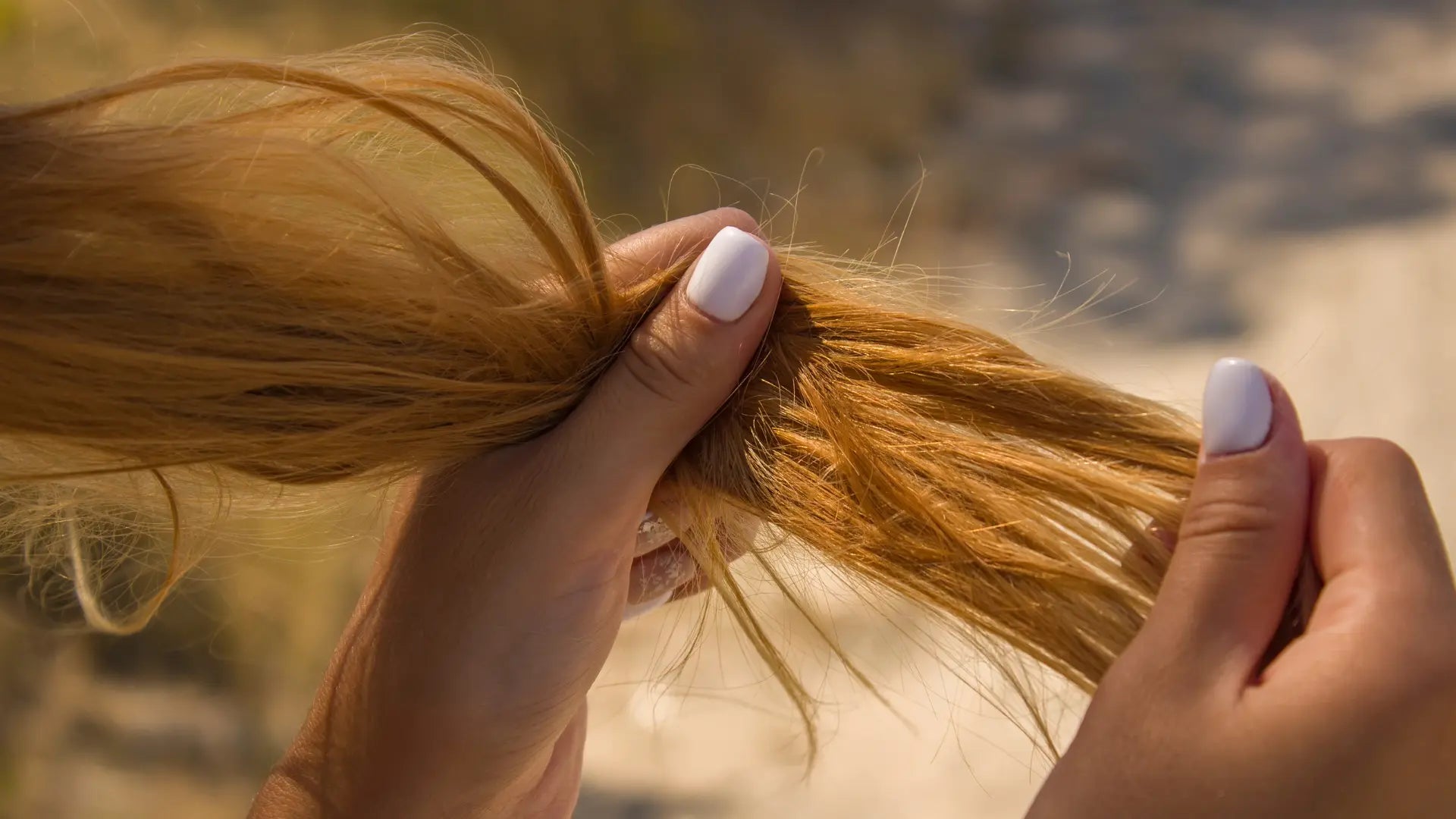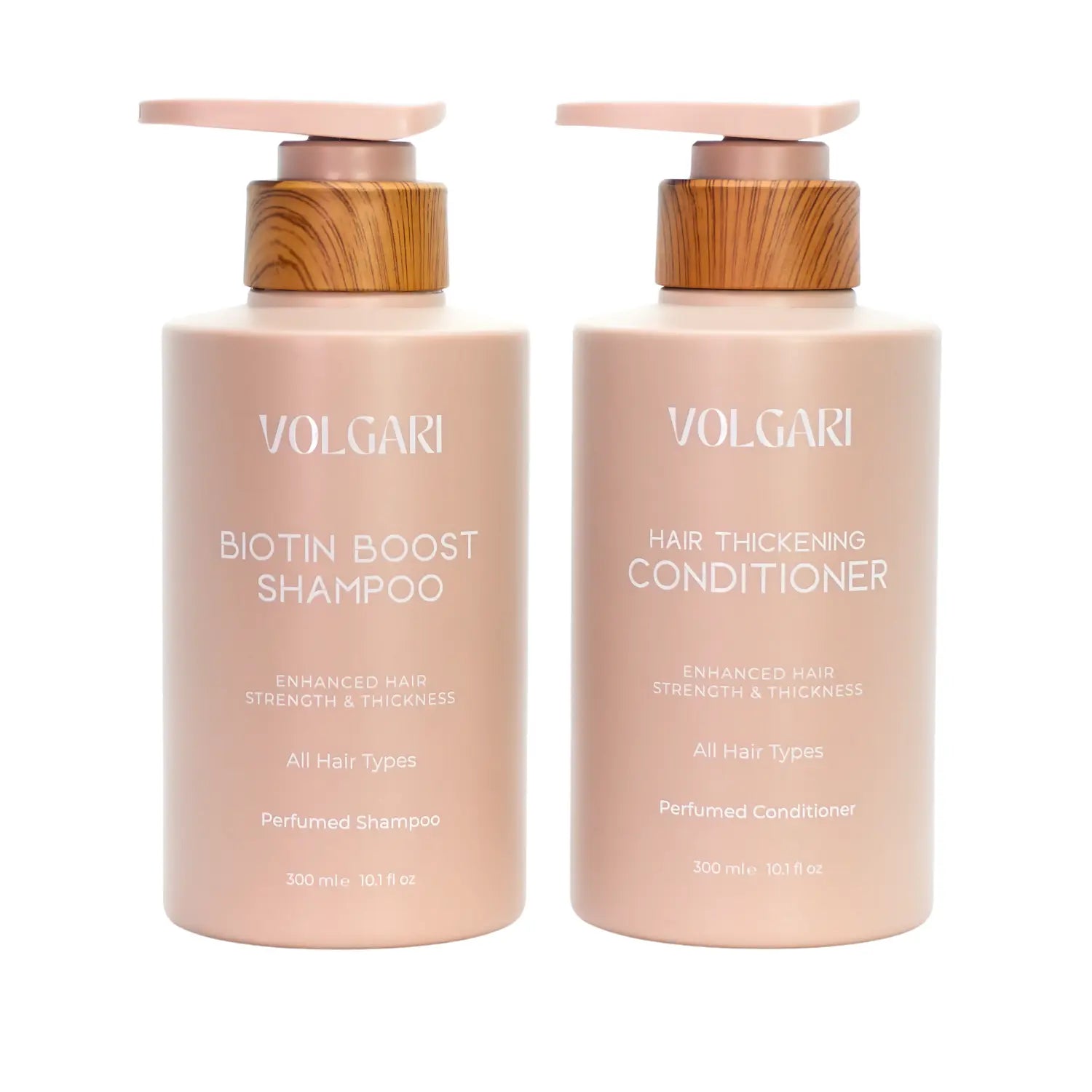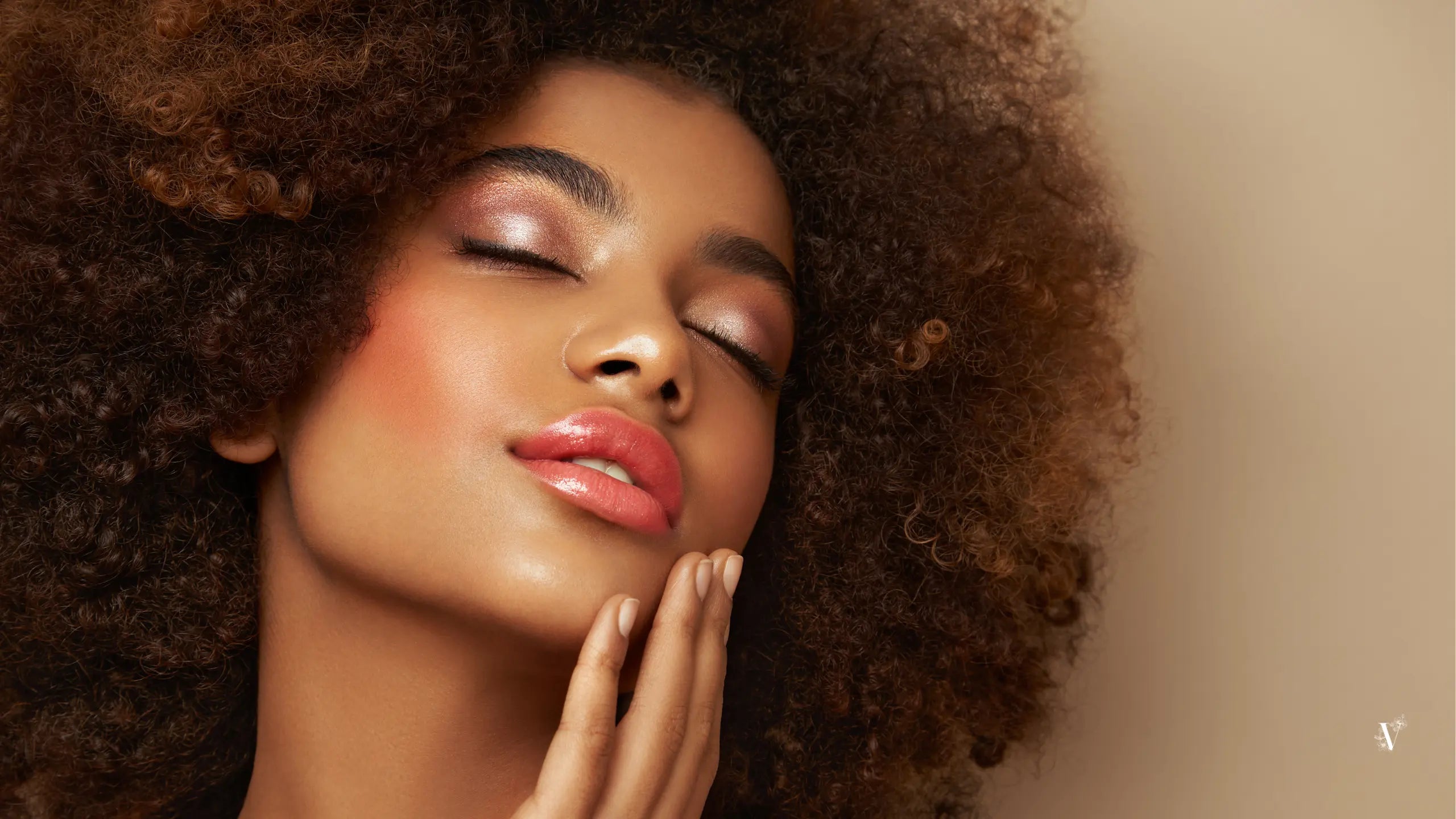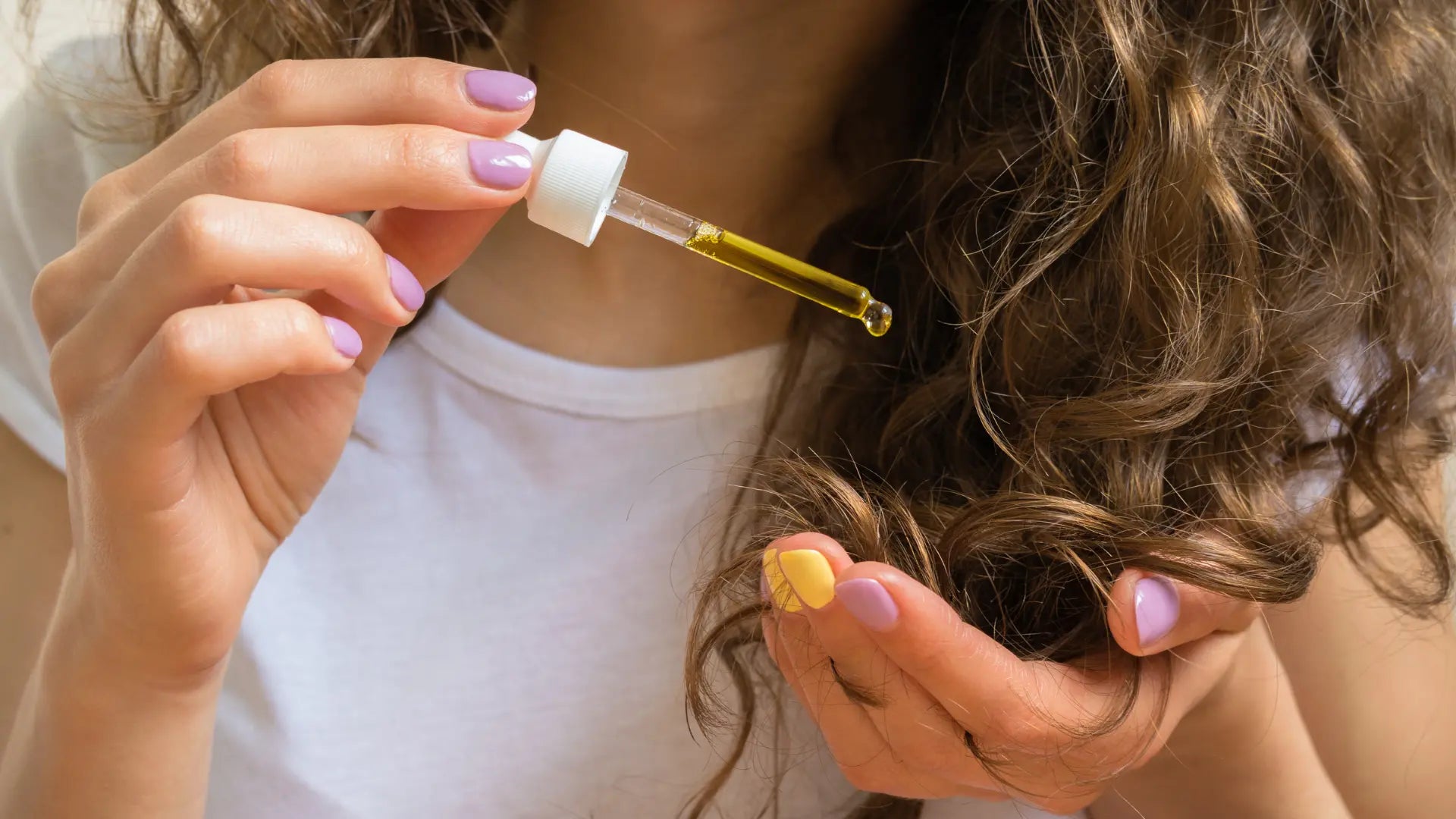
Dry Hair Causes and Solutions
Dry hair is a common issue that many people face, and understanding its causes can help you find effective solutions. There are numerous reasons why hair becomes dry, including harsh ingredients in hair products, heat damage, and over-washing. To combat dry hair, consider using a shampoo for curly hair or a conditioner for oily hair that is free from sulfates and parabens.
Key Factors Contributing to Dry Hair
One major cause of dryness is the presence of harsh chemicals in shampoos, such as sulfates and synthetic fragrances. These can strip your hair of its natural oils, leading to dryness and irritation, especially for those with a sensitive scalp. To avoid these issues, opt for natural and organic shampoos that use plant-based ingredients for fragrance.
Lack of Moisture
Bringing more moisture into your hair is crucial. Look for products containing humectants like glycerin and panthenol (vitamin B5) to attract water. Additionally, ingredients such as keratin, shea butter, and cetearyl alcohol can help retain moisture.
Adding natural oils to your hair routine is a must! Oils like argan oil, coconut oil, and jojoba oil lock in moisture and strengthen hair, making them fantastic for all hair types and textures. If you have frizzy hair, incorporating these oils can control frizz and give your hair a radiant shine.
Diet and Hair Health
Your diet plays a significant role in maintaining healthy hair. Incorporating omega-3 fatty acids into your meals can promote blood circulation and stimulate hair growth. Omega-3s have anti-inflammatory properties that combat scalp discomfort and conditions like dandruff and psoriasis. This leads to a healthier scalp and reduces itchiness.
A diet rich in omega-3s can also help regulate oil production while keeping moisture levels balanced. Foods such as:
- Fatty Fish (like salmon and anchovies)
- Seeds (flaxseeds and chia seeds)
- Nuts (walnuts and pecans)
- Oils (flaxseed oil and chia seed oil)
- Leafy Greens (spinach, kale, and Brussels sprouts)
These foods not only nourish your hair but also provide essential proteins and nutrients that minimize breakage and enhance shine. Including these in your daily diet can help your hair look healthy and vibrant.
Cool Rinses for Shine
After conditioning your hair, rinse with cool water to retain moisture and seal hair cuticles. This simple step not only enhances shine but also improves blood circulation to your scalp, preventing shedding and supporting hair growth.
Environment Matters
Humidity levels in your environment can also impact your hair's health. If you struggle with frizzy hair, using a humidifier can help maintain moisture levels, especially in dry climates. It’s important to keep your environment conducive to hair health to avoid dryness and brittleness.
Regular Trims and Heat Protection
Regular trims are essential for removing split ends and preventing further damage. Keeping your hair healthy and well-maintained reduces dryness and improves texture. Also, try to limit heat styling. When you do use heat tools, always apply a heat protectant to minimize damage.
Image 3: Hair trimmed with smooth ends
Alt Text: Healthy hair with trimmed ends to prevent dryness
Conclusion
Managing dry hair involves a multifaceted approach, considering factors like scalp care, product choice, diet, and environment. By addressing these areas, you can significantly reduce dryness and enhance the overall health of your hair. For more hair tips and hair ideas, explore natural products and techniques tailored to your hair type.





